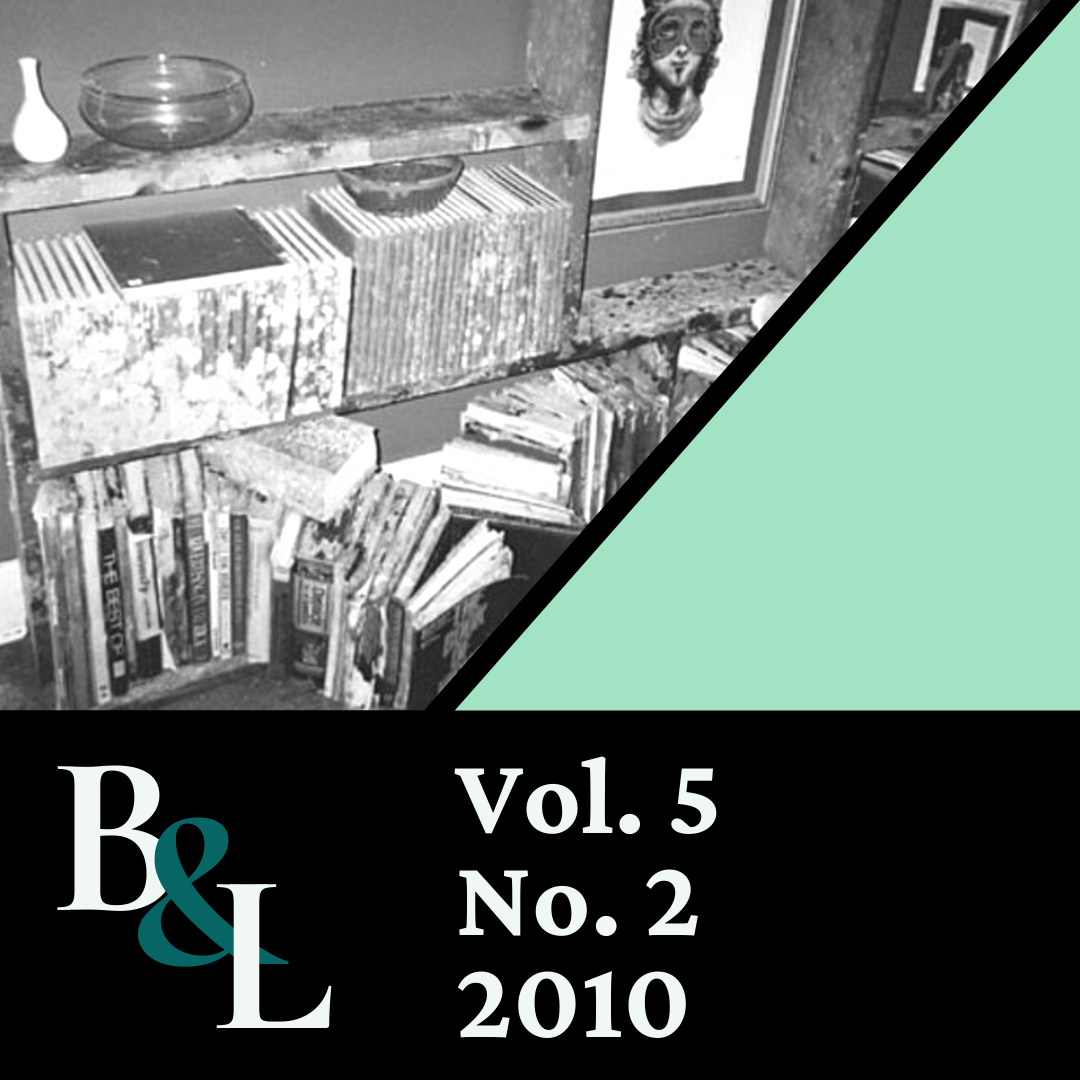The Name "Bottom" in A Midsummer Night's Dream
Abstract
This essay discusses the surname of Nick Bottom in A Midsummer Night's Dream. The esteemed (and vast) Oxford English Dictionary denies that the name could in Shakespeare's day mean "buttocks, backside." By citing a variety of contemporaneous and subsequent texts, I argue that the OED is wrong; that the name connoted not only "buttocks" but also "arse"; and that the word "ass" may have been pronounced (not by everyone, but by many) very similarly to "arse," as is the case in rural and westerly parts of England today. So, when Quince says to the metamorphosed ass-headed weaver, "Bottom, bless thee! Thou art translated," he means not merely "You are transformed"; he also means "Your name, 'Bottom,' has been translated, physically, via 'arse' into 'ass.'" If this argument is valid, A Midsummer Night's Dream is even better coordinated and wittier (linguistically, thematically, and visually) than it has been deemed to be. It may then prove, however, even more difficult for translators of its text into foreign languages.


